Introduction
When people talk about building a supportive network, they’re talking about building a community that can help you with your mental health. It’s important to have a group of people who are willing to listen and offer support. This can be as simple as having a friend or family member who has experienced similar challenges, but there are also other ways to form these types of relationships. My goal here is to give you some ideas on how you might go about finding support in your local community if needed.
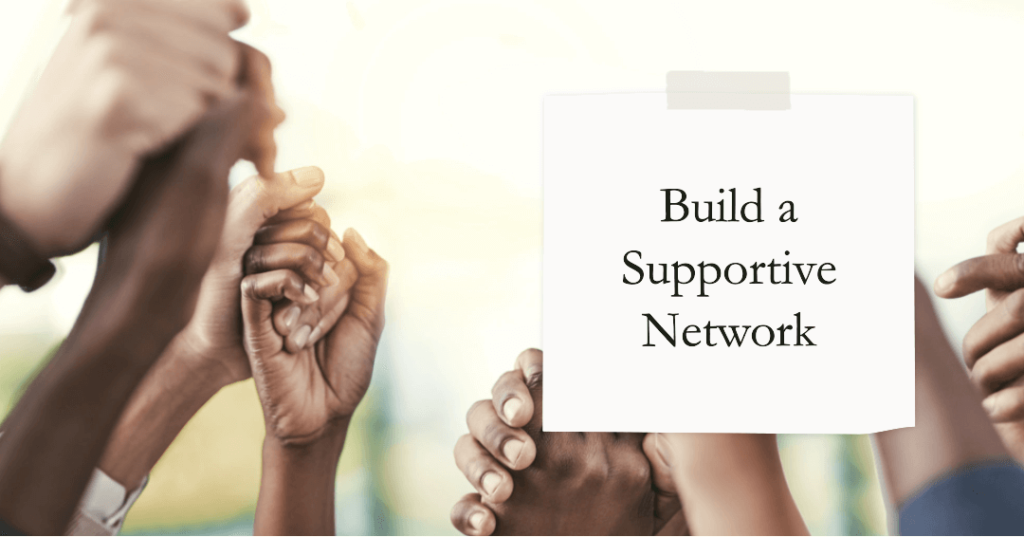
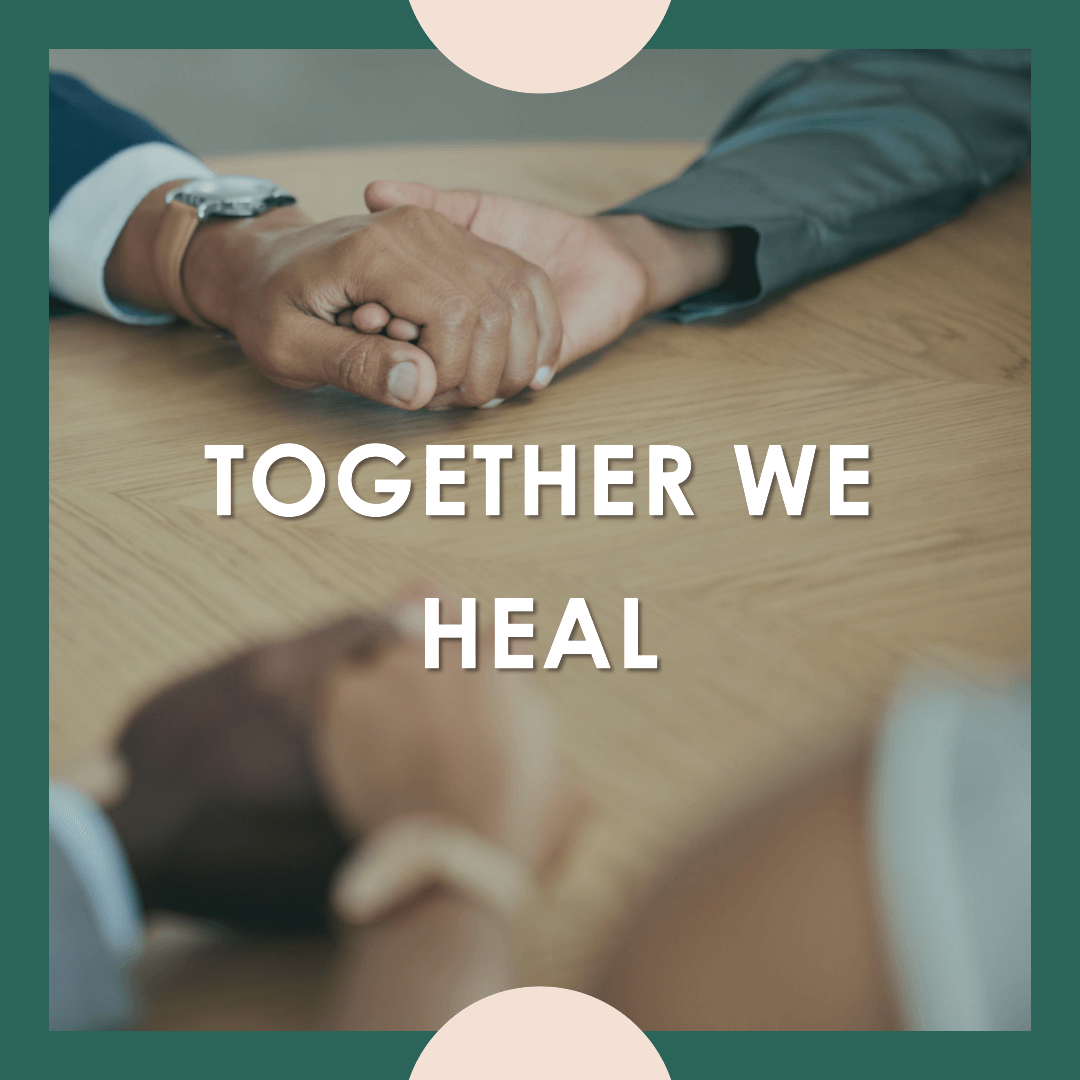
Building a supportive community cannot be overemphasized. The mental health services that are provided are only as effective as the people who use them. For this reason, it is essential to build a strong network of individuals who can support one another through their struggles and successes.
The importance of building a supportive community cannot be overstated! Research shows that people with strong social bonds are less likely to develop depression or anxiety disorders than those without such ties. Having friends who care about you can help motivate you to get out of bed in the morning and make healthy choices throughout your day–and even offer encouragement when needed most!
Building an intimate network is also crucial for accessing mental health care during an emergency situation like suicide prevention workshops or crisis intervention training (CIT). When these types of programs are offered in schools across rural areas where there aren’t many resources available for youth experiencing mental health issues after school hours begin each day outside urban centers where schools may not have access either way; we often hear stories from parents who’ve gone through similar experiences themselves while raising young children here at home just like yours someday soon.”
Mental health resources
- Mental health resources are available in the community.
- Resources can be accessed online, by phone and in person.
- Resources can be accessed by email as well!
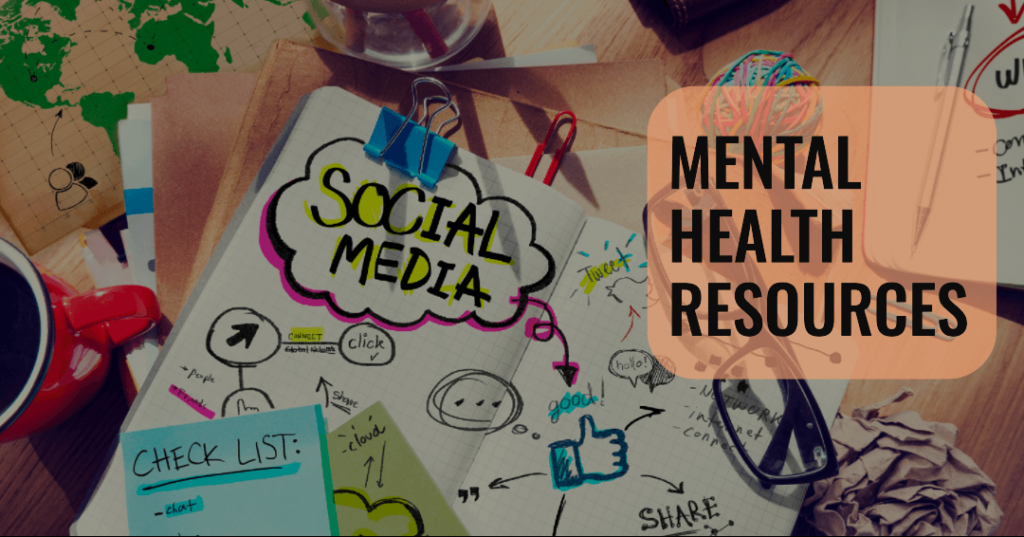
Mental health groups
Support groups are a great way to build a supportive community. They can help you feel less alone and more connected, sharing experiences, feelings and ideas with others who have similar problems. Support groups also provide opportunities for learning new skills and strategies for coping with mental health challenges.
For example:

- If you’re struggling with anxiety or depression, attending an anxiety support group might be helpful in learning how to cope with the symptoms of your condition. You might meet people who understand what it’s like to live with these challenges every day–and they may even share their own tips on how best handle them!
- If you’re having trouble sleeping at night due to chronic stressors during the day (like work deadlines), then attending an insomnia support group could be helpful because there will always be someone else there who has been through similar experiences as well! This gives those present themselves opportunity learn from each other while simultaneously being able to share tips that may help make life easier overall.
Mental health networks
In addition to the above, there are also a number of mental health networks that can help you. Some of these include:
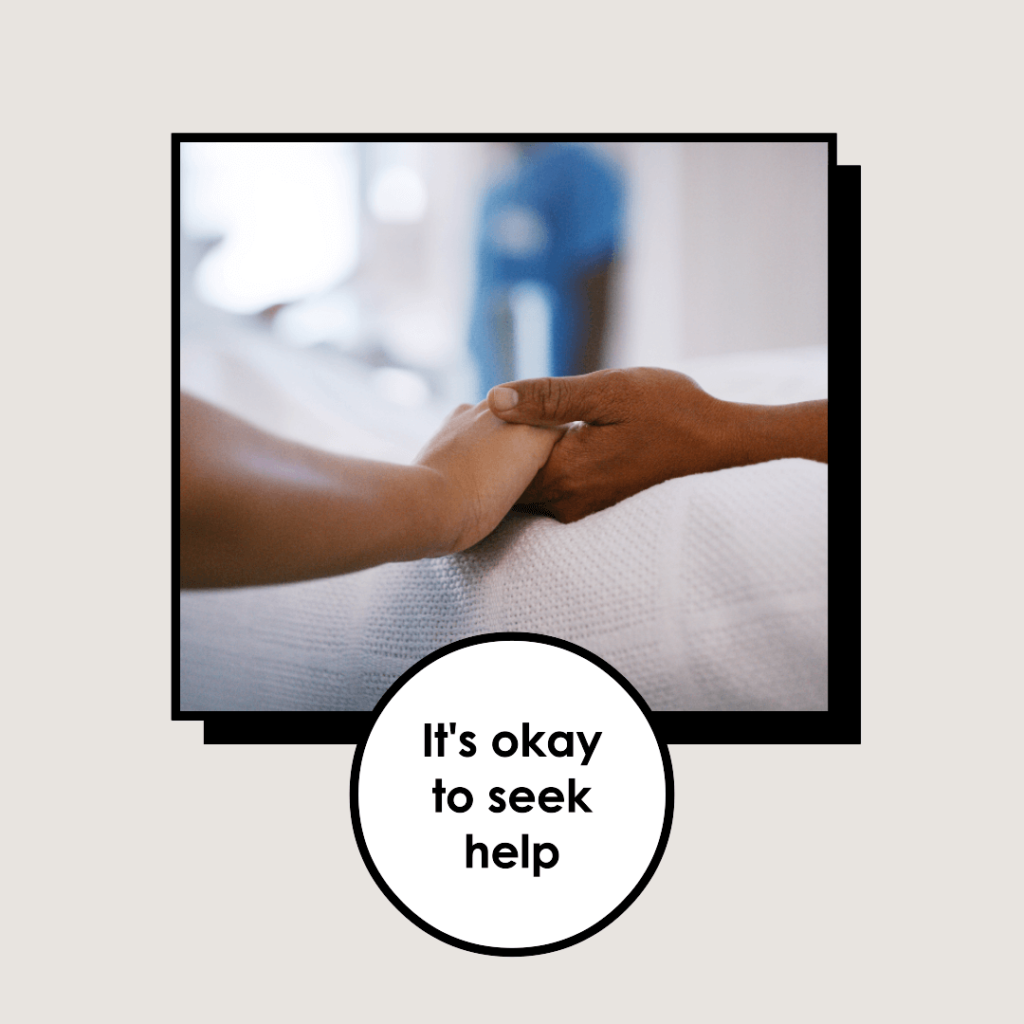
- Counseling
- Support groups
- Peer-to-peer support (in person or online)
- Online support groups, where participants share their experiences and connect with others who have been going through similar things in real time
Emotional support
Emotional support is important for mental health because it helps people to cope with their emotions and feelings. Emotional support can come from friends, family and professionals in the form of counseling or therapy. It also includes help from people who are close to you but do not have a relationship with you (e.g., your doctor).
There are many ways that emotional support can be provided:
- Someone could listen to your story when something upsetting happens;
- They might tell you how they feel about what happened;
- They may encourage or reassure you by saying “I’m here if I can help.”
Supportive relationships
Supportive relationships are important for mental health. They can be found in a variety of places, including friends and family members, mental health professionals, community groups and other people who share your interests.

There are many ways that you can create supportive relationships:
- Make an effort to connect with someone new every day. If you’re not sure how to start talking about mental health topics with someone new (or if they’re shy), try asking them questions about themselves instead of telling them about your own problems! It’s okay if the conversation doesn’t go anywhere after the first time – keep trying until something clicks for both of you!
- Look for opportunities where there is already a group of like-minded individuals together: at work; at school; online… anywhere where there are people who want better lives than what they currently have going on inside their heads will do wonders in helping us feel more comfortable opening up about our feelings without feeling judged by others around us because only then will we truly know what it means when someone says “I am fine” without feeling ashamed or embarrassed by admitting anything negative happening within themselves which could lead up being diagnosed later down road anyway – so why not take advantage now while opportunity arises which then leads back around again starting over again?
Finding support in mental health for Northern Nigerians
Finding support in mental health for Northern Nigerians
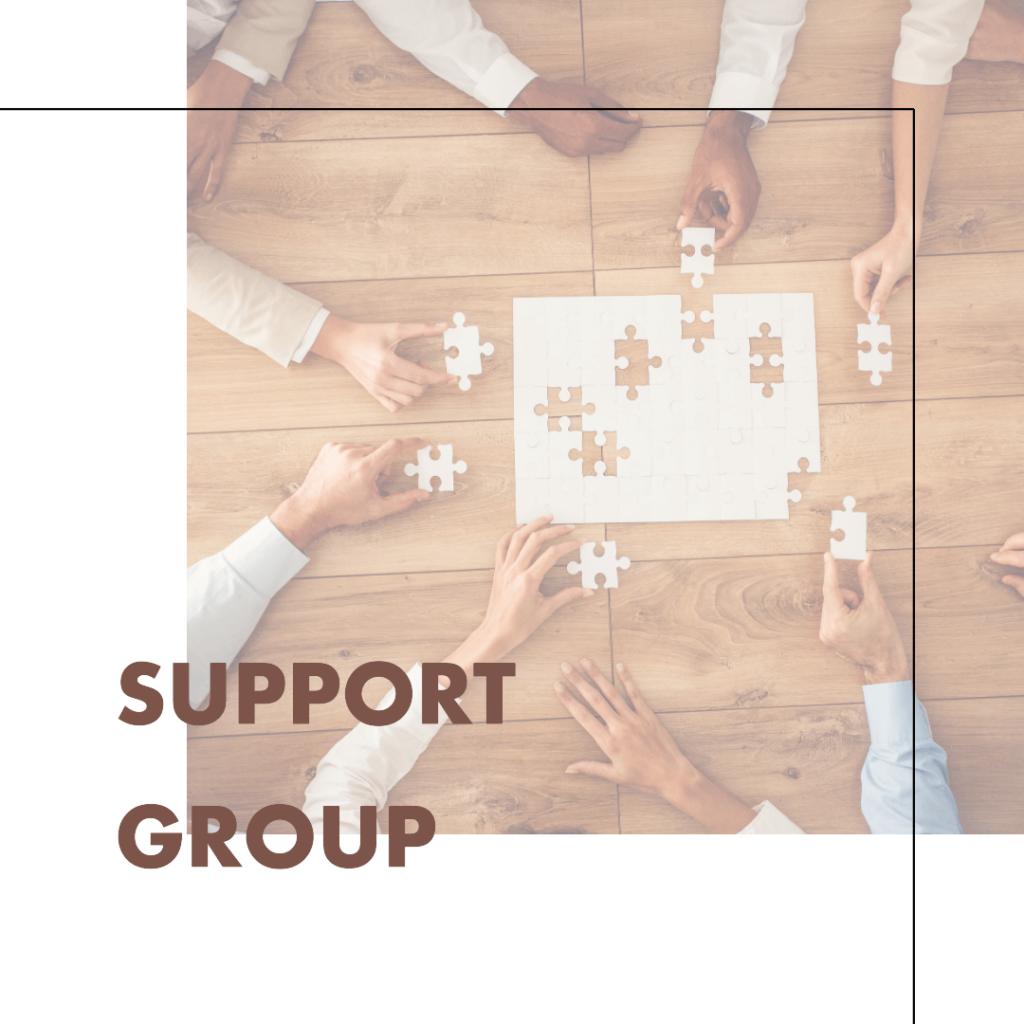
- You can find a community of people who understand your struggles.
- There are many resources available for mental health, including therapy, counseling and peer-to-peer support groups in your local area.
- If you’re from a different culture or background than those who typically provide care at these types of organizations, they might not understand how to help you. For example: if you’re an immigrant who arrived recently and doesn’t speak the language well yet, it could be difficult for even native speakers trying to communicate with them (such as counselors). Or maybe someone is experiencing trauma; finding someone who understands that experience can be very helpful–but again: if they don’t know what “trauma” means then there’s no way they’ll believe that it exists!
Building a supportive network is important for mental health.
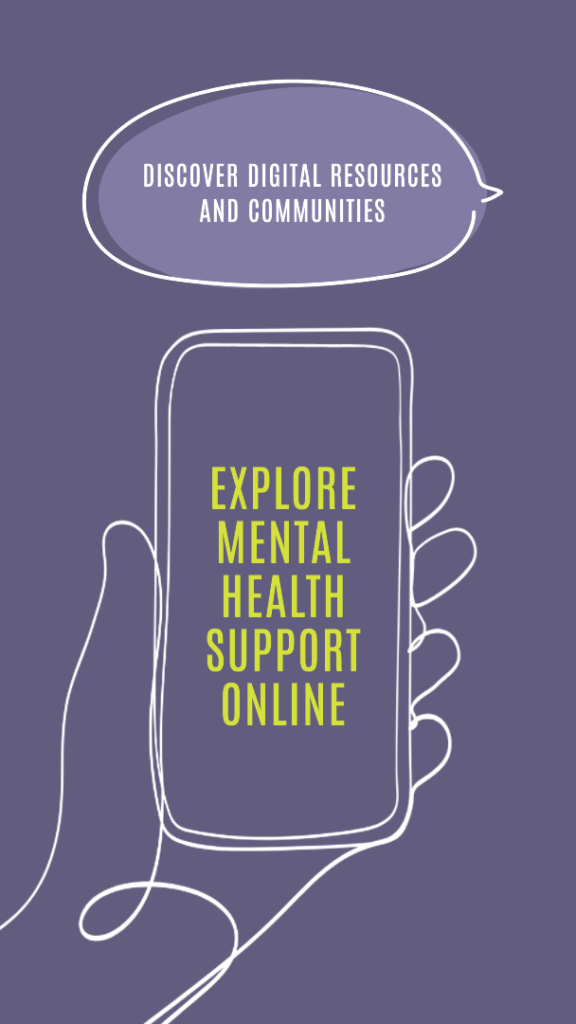
Building a supportive network is important for mental health. There are many resources available to help you build your own supportive community, whether it’s through social media or an actual network of friends.
You can find groups on Facebook, Twitter and other platforms that have the goal of helping people struggling with anxiety or depression. You may also want to look into mental health organizations in your area like. They provide information on topics like depression and anxiety along with advice on how you can manage these feelings without feeling overwhelmed by them (for example: learn relaxation techniques). If you’re interested in creating your own group online where people are willing to share their experiences about how they deal with these issues then check out this guide from the National Alliance on Mental Illness (NAMI): “How To Start An Online Support Group For People Living With Mental Illness”.
Conclusion
We hope this post has been helpful to you in your journey towards mental health. Remember that there is no right or wrong way to heal, and it’s okay if you don’t want to keep up with the Joneses. Everyone deals with mental health differently; the important thing is finding a support system that resonates with your own values, personality and style of living.

I want to extend a heartfelt thank you for taking the time to read this blog post. I hope it was informative, insightful, and most importantly, useful to you. Mental health is an important topic that affects us all, and I’m grateful for the opportunity to share my thoughts with you.
If you have any thoughts or comments, I encourage you to leave them in the comment box below. Your feedback is essential to me and helps me create content that is tailored to your needs.
If you found this post helpful, please subscribe to my newsletter for more resources and updates on mental health. You can also reach out to me via email if you have any questions or just want to chat. Remember, taking care of your mental health is important, and you are not alone.
Leave a Reply